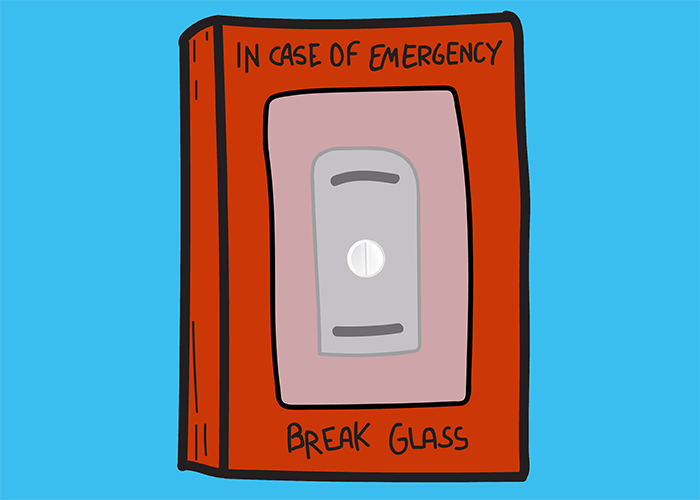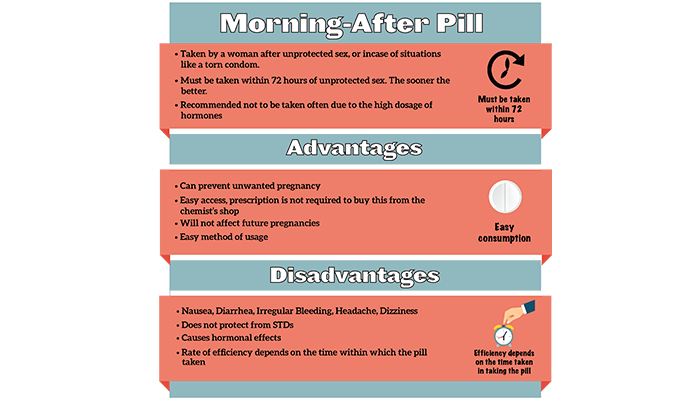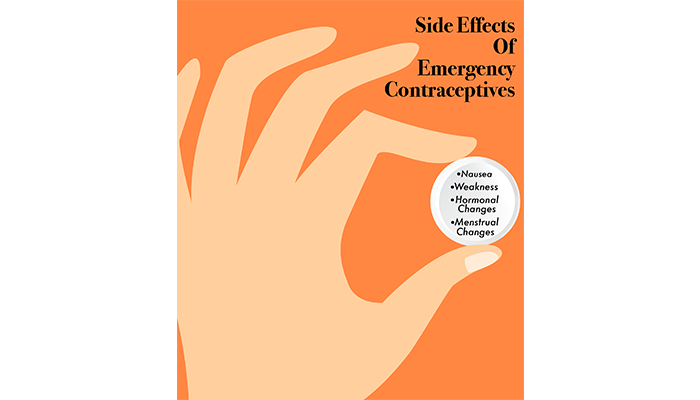Plan B: An insight into emergency contraceptives
In the previous blog, we covered pre-planned oral contraception pills aka Plan A. But what do you do when things don’t turn out the way you had planned? You resort to Plan B! When it comes to contraceptives, this plan B is known as emergency contraceptive pill or morning after pill. Accidents happen, and the morning-after-pill is here for saving the day!

What exactly is Plan B?
Plan B pill consists of a hormone called levonorgestrel. This pill is meant to be consumed in emergency situations only, the morning after as the name suggests. Using it as a regular method for contraception can have serious long-term effects. The Plan B pill works best when you take it within 3 days after unprotected sex.
Who can use it?
Anyone, in any phase of their menstrual cycle can use it, unless you have some serious allergy issues, or you know you are pregnant or suspect to be. In case you are experiencing any sort of abnormal vaginal bleeding or discharge lately, do not consume the pill without prior medical consultation. These types of morning-after pills are also less effective if you have a higher BMI.
When can you use it?
As the name suggests, emergency pills should be reserved only for emergency situations like,
- The condom broke during intercourse.
- Your partner failed to pull out at the right time.
- You skipped your Plan A pills for more than 3 days in a row.
In short, when any other method of contraception fails plan B comes to the rescue!

How to use it?
The pill should be consumed as soon as possible after you have unprotected sex. It is estimated to be 95% effective when consumed within the first 24 hours of intercourse and 89% effective if consumed within the next 72 hours. Some brands even claim their product to be effective until 5 days after intercourse but it is highly recommended that you take the pill as soon as possible.
Taking the pill isn’t rocket science either, simply take it with water at any time of the day.

Where to get it from?
Emergency contraception is easily available at any pharmacy and generally no prescription is required in India. It’s also available at any government health or family planning centres.
Several different brands sell emergency contraceptive pill. But all of them work equally well, so you don’t need to assume that the expensive one would be better. On an average, a single pill can cost you around 100 Rupees.
After your dose, you might encounter a few symptoms like nausea, stomach-ache and fatigue. In case you throw up, consult a doctor to know if you should repeat the dose. Other common symptoms include light bleeding that generally goes away in a couple of days.
You should expect your periods within the next three weeks. The flow could vary from your usual cycle, as it may be lighter or heavier.
Is Plan B the only emergency contraception method?
No! You can choose to use a Paragard IUD too. Stay tuned for our next blog on why Paragard IUD might be the best emergency contraceptive for you.
Meanwhile, let us know your queries about Plan B in the comments below!
-Written By Ishani Nangia
Author

